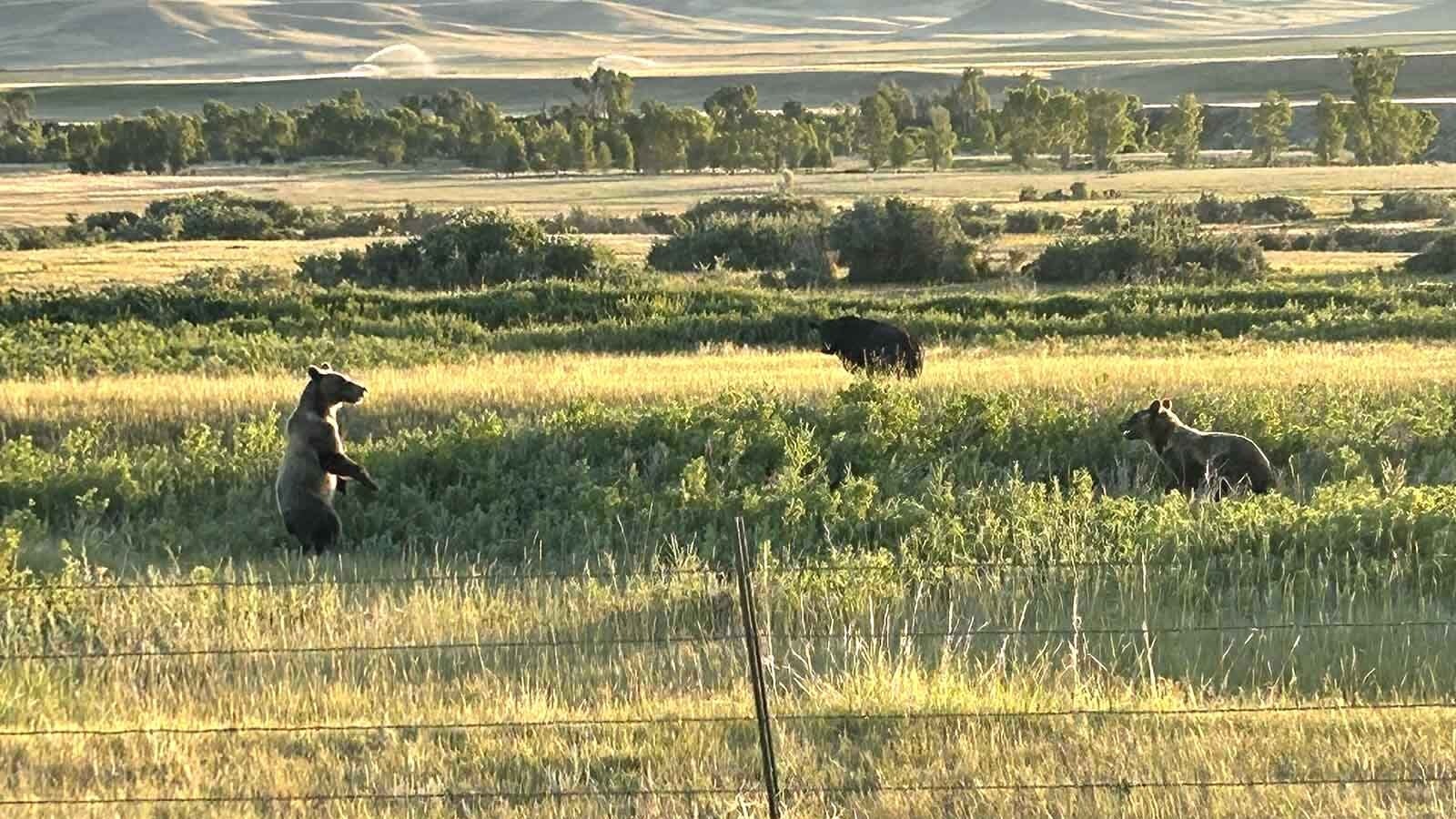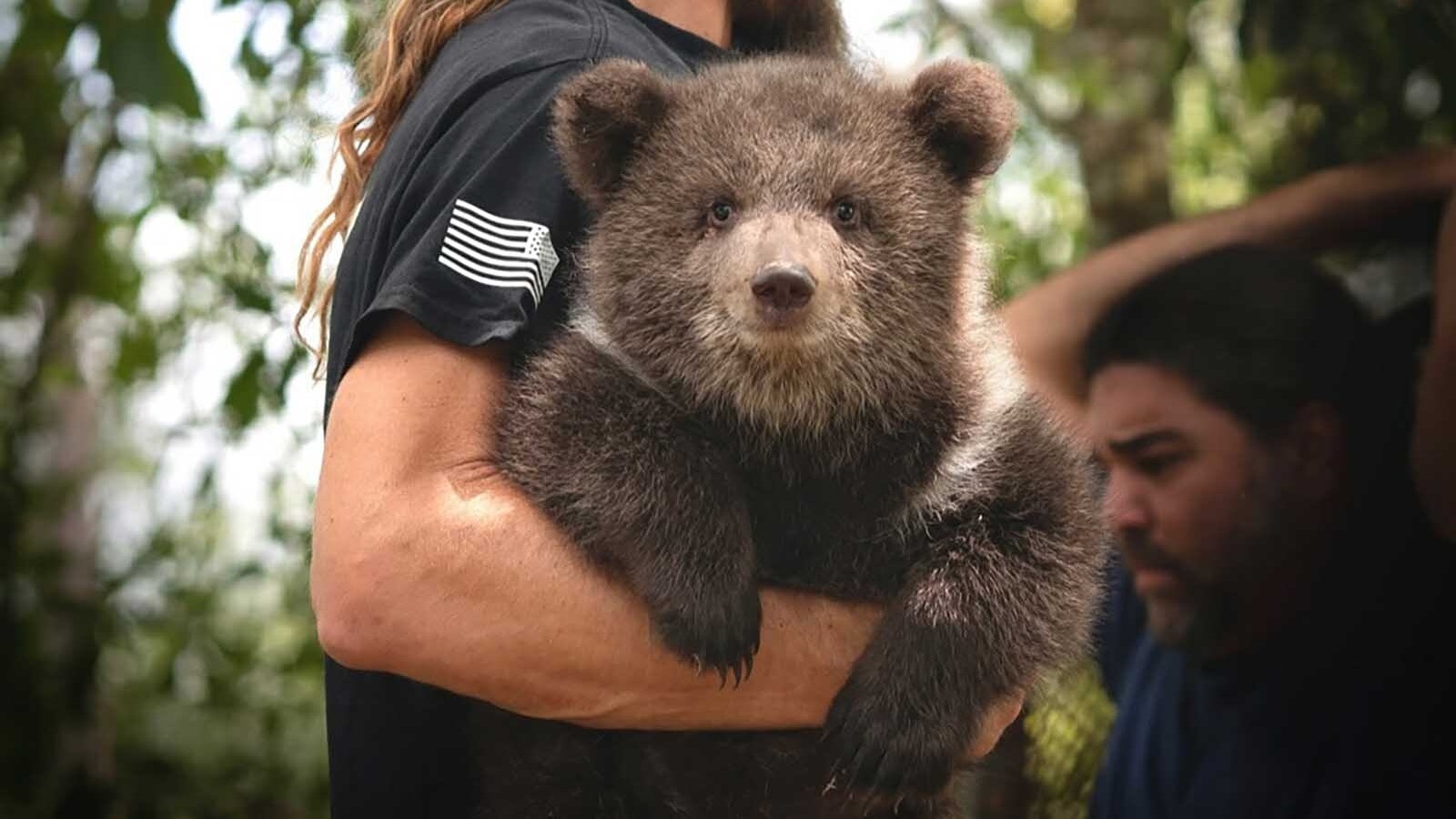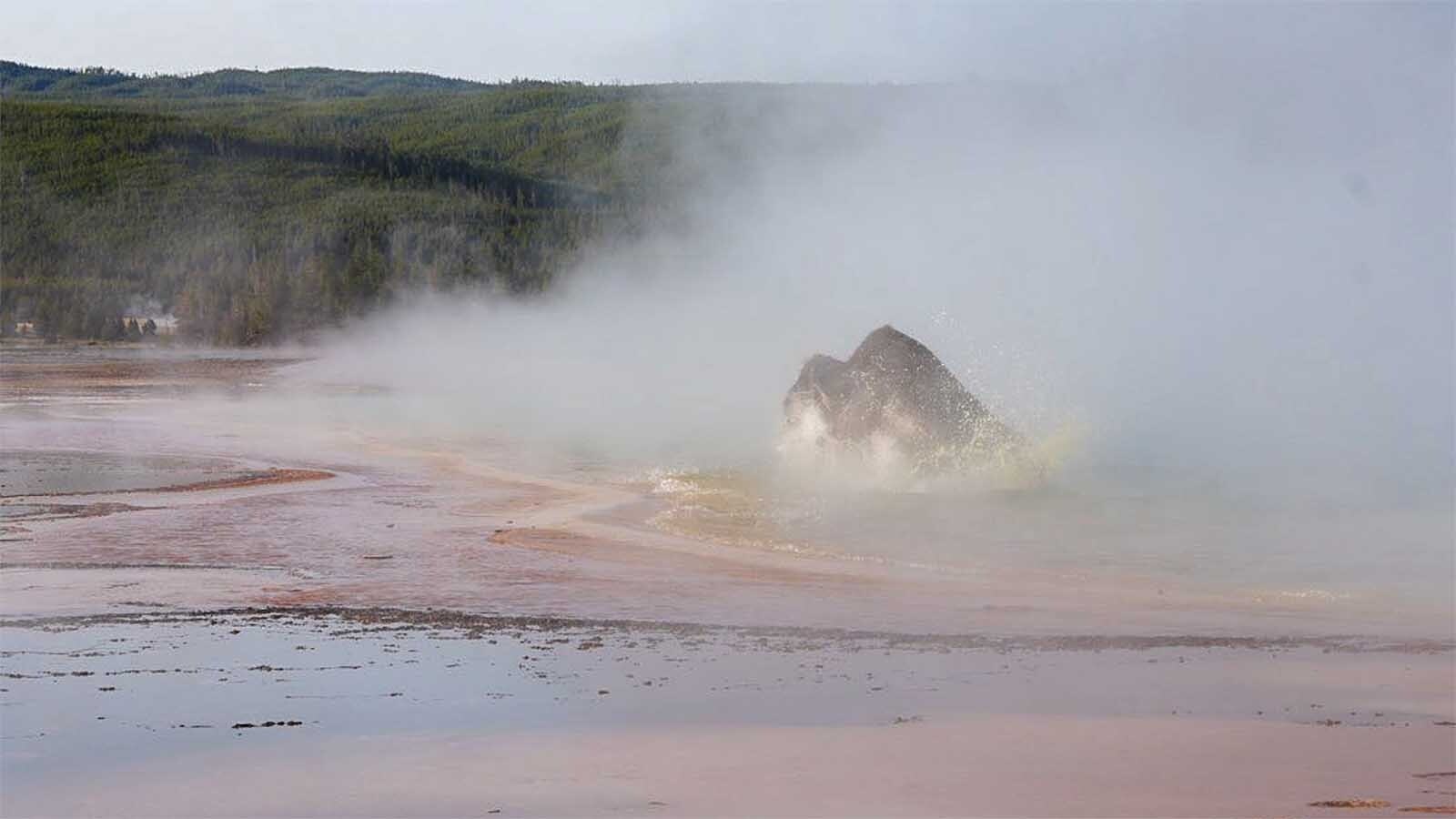By Wendy Corr, Cowboy State Daily
The eggs can lay dormant for years, waiting for the right conditions. Once the adults emerge, the females seek out a blood meal, which will provide enough protein so they can lay their eggs, and the cycle starts all over again.
This horror story plays out year after year around the world, with those blood-sucking, disease-carrying creatures preying on humans and animals alike.
Mosquitoes. We’re talking about mosquitoes. And this year’s weather patterns have created the perfect breeding grounds for these miniature monsters to proliferate.
Flood Events Proliferate Hatching
Scott Schell, entomologist at the University of Wyoming, told Cowboy State Daily that the majority of mosquitoes in Wyoming are called “floodwater mosquitoes,” as they have adapted to spending most of their life cycles as eggs waiting for flood events.
“That will inundate them with enough water that they can complete their larval development and then emerge as an adult,” he said.
But “flood events” aren’t limited to natural disasters, as was experienced near Yellowstone National Park in June. Schell said flood irrigation, which is widely practiced in Wyoming, can also create optimal conditions for mosquitoes.
“(In) irrigated grass hay fields, and those types of habitats where you have standing water for long enough, they can complete their development,” he said.
“All of that precipitation that we got early on in the year, there was so much habitat, and a lot of the eggs survived,” said Josh Shorb, supervisor of Park County Weed and Pest. “So you had more mosquitoes make it to adulthood earlier on in the summer, which just increases the breeding population.”
Schell said that mosquito eggs hatched later than usual this year, possibly because the rainy season began later in the spring.
“I had never seen it so green as this spring, after those rains,” he said. “So I suppose there was a lot of standing water – and floodwater mosquito eggs can last for years in the dirt, waiting for a flood event, and then hatch out.”
Not All Eggs In One Basket
Schell pointed out that a mosquito’s life cycle can extend for years.
“Mother Nature, she doesn’t put all her eggs in one basket,” he said. “So those eggs, if you get a light flood event, some of them will hatch – but if the water doesn’t stay long enough, they’ll die when the water drops. And of course, in a year where you get exceptional rains, you will inundate places that had mosquito eggs that may have sat there for several years.”
Those tiny eggs are sensitive to the environment, Schell said, and survive longer than one might think.
“It’s like a chicken egg, where until you start to incubate it doesn’t really start development,” he said. “That egg, until it senses the conditions are correct, it’s inundated with water, it won’t hatch. And so that kind of explains sometimes the variation between years.”
Watch Out For the Females
Shorb added that it’s only the female mosquitoes that bite – they need the protein from human and animal blood to lay eggs.
“The only mosquitoes that bite are the females,” he said. “The males feed on plants. But the females, they need a blood meal – they need all that protein and energy to be able to produce eggs. So once she has a blood meal, then she’s capable of mating and producing eggs and completing her life cycle.”
So, in short, when you smack that mosquito that’s just bitten you?
“It’s a female, and you prevented her from laying eggs,” Shorb said.
Disease-Carrying Dangers
Those annoying pests are more than just inconvenient – Shorb pointed out that under the right conditions, a mosquito bite can be as dangerous as being stuck with a dirty needle.
“The females, they can bite more than one person, you know, and it’s kind of like using a dirty needle,” he said. “Sometimes if you get a dirty needle it’s fine, but sometimes you’re gonna get the disease that the other person that used it has. That’s how some of those diseases get transmitted.”
And those diseases can be deadly. Worldwide, mosquito bites cause illnesses such as malaria, Zika virus, and dengue – but here in the U.S. the biggest threat is West Nile, which can cause a serious and sometimes fatal neurological disease.
The Centers for Disease Control reports that most people infected with West Nile virus will not have any symptoms; about 1 in 5 people who are infected will develop a fever and other symptoms; and about 1 in 150 people who are infected develop a severe illness affecting the central nervous system such as encephalitis or meningitis.
Mitigation
Shorb explained that in areas such as Laramie, the environment is perfect for mosquitoes to thrive. That’s why some communities choose to spray larvicide to kill the insects before they hatch.
“Laramie has a bad problem,” he said. “On the high plains there’s little random pots of water, and little mini ponds all over the place, and those mosquitoes just thrive in that stuff. That’s why they fly larvicide down there in airplanes and they fog the town.”
Shorb explained that larvicide is a chemical put in the water that only kills the mosquito larva – the lifecycle when they’re in the water, but it doesn’t harm fish.
Lee Ann Stephenson owns the Lazy Acres campground in Riverside. She said that mitigation efforts there have dramatically cut down the number of mosquitoes.
“The town of Riverside contracts with the town of Encampment to be fogged three times a week,” she told Cowboy State Daily. “And it’s kept them gone. Plus we work really hard not to have standing water or tall grass – you know, all of the normal things they tell you to keep the mosquitoes down.”
Stephenson said that previous attempts at mitigation, such as aerial spraying, were unsuccessful. But the application of larvicide has worked well.
“We just use the combination of fogging with the larvicide in the standing water, and the regular mitigation,” she said, “like not to have old tires with water and not to have standing pools, and to keep the grass cut short.”





